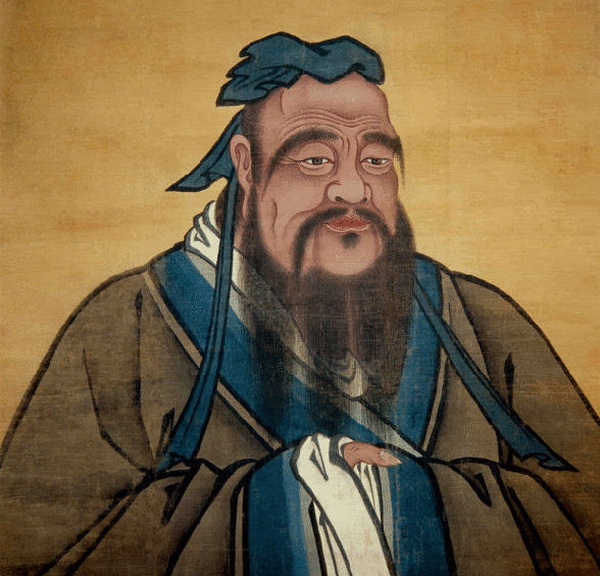Confucius Across the Taiwan Strait, 1966-1980
Rong Kong
History
UC Irvine
This project concentrates on two simultaneous movements: the anti-Confucius Cultural Revolution (1966-1976), which was spearheaded by Mao Zedong as leader of the Chinese Communist Party (CCP), and the pro-Confucius Cultural Renaissance Movement launched on Taiwan in 1966 when this island was the last stronghold of Chiang Kai-shek’s Nationalists. It shows how the two competing parties, each of whom claimed to be moving China forward via revolutionary efforts, dealt with the relationship between Confucian virtues and modern life. The research examines how state policies shaped the lives and identity formation of ordinary people, particularly those sharing the surname Kong (the last name of Confucius, who is referred to in Chinese as Kong Fuzi), in the course of pro- and anti- Confucius movements and how ordinary people, including the Kongs, reacted to and rechanneled the national campaigns. Based on official documents, family diaries, memoirs, and an oral history project with the Kong family and other local residents of Qufu (the hometown of Confucius) and Taipei, this study illustrates the dynamics of the interactions between the state and the masses and sheds light on the way ordinary people react to identity and cultural conflicts they encounter in the midst of national political movements.

